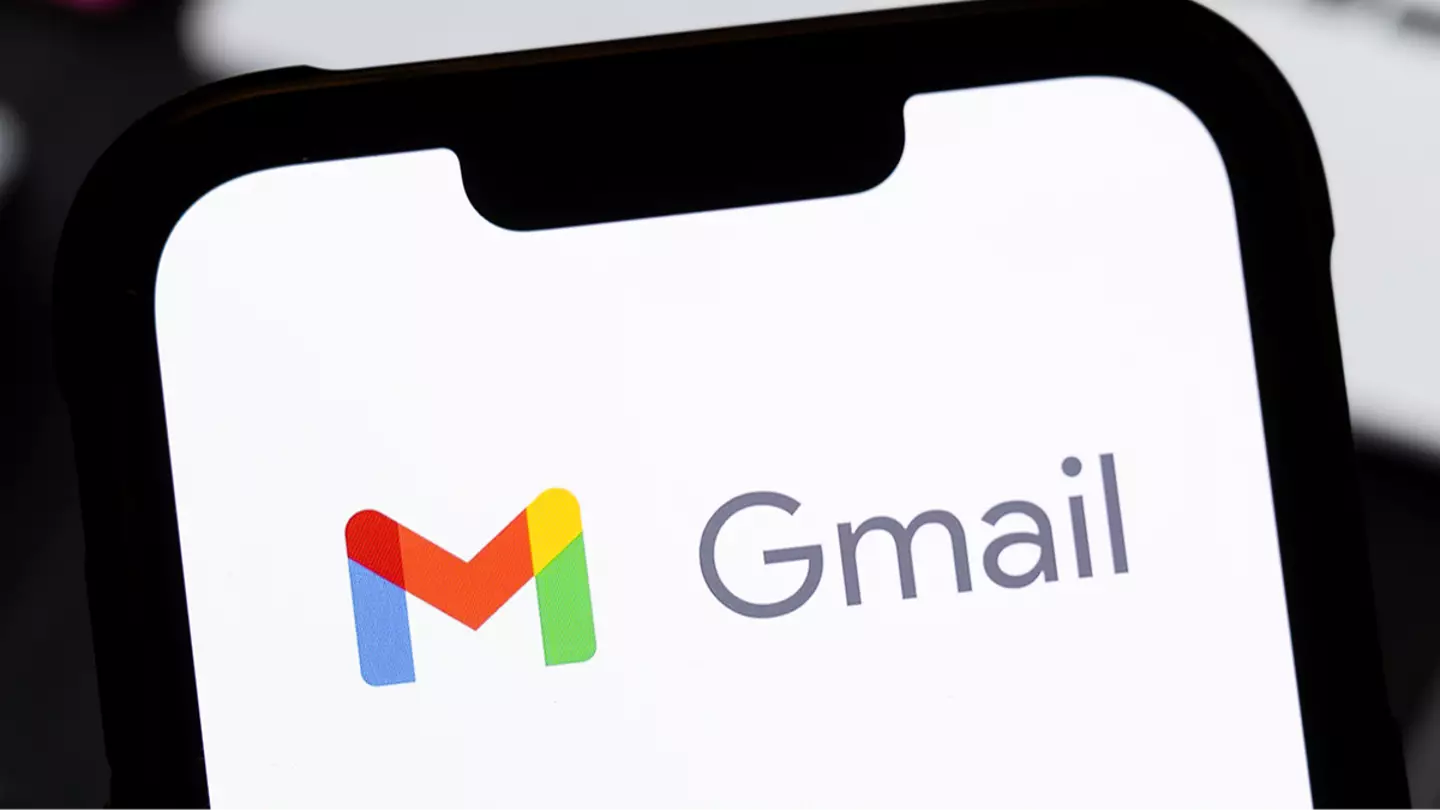
A cyber expert has warned people need to check their accounts as a major cyber breach could mean millions of people’s passwords have been stolen.
Australian cyber expert Troy Hunt has said there has been a vast amount of data stolen totaling about 3.5 terrabytes of data.
Hunt warned that ‘all the major providers have email addresses in’ this ‘vast corpus’ (large collection of texts) of breached data.
Speaking to the Mail Online, the cyber expert said that this data breach may have affected those with data on services like Outlook and Yahoo as well as others, but emphasized that Gmail often features heavily in breaches of this kind.
Advert
According to Hunt, the breached data contains about 183 million unique email addresses alongside the websites they were entered into and the passwords used.
Hunt also claimed that the incident is not a single breach but rather a collection of data files generated and compiled by malware software, also known as stealer logs.
He explained in a blog post: “Stealer logs are more of a firehose of data that’s just constantly spewing personal info all over the place.

“Once the bad guys have your data, it often replicates over and over again via numerous channels and platforms.”
Hunt advised people to take steps to see if they have been a victim of the data breach.
He instructed users to go to Have I Been Pwned website to enter their email address in the search bar. It will then tell you if that email address and its passwords have been involved in any breaches in the past decade.
If you do happen to find your username on there, it is recommended that you change that email’s password and consider using two factor authentication.
A Google spokesperson has spoken to the Sun however, and reiterated the point that there has not been any new breach.

The spokesperson said: “This report covers known infostealer activity that targets many different types of Internet activity.
“There is not a new, Gmail-specific attack at play. We protect users from these attacks with layers of defenses, including resetting passwords when we come across credential theft like this.
“We encourage users to boost their own defenses by turning on 2-step verification and adopting passkeys as a simpler and stronger alternative to passwords.”
With that said, there is no harm checking if an email, even an old one, has been featured in one of the many data breaches over the years.
LADbible Group has contacted Google for additional comment.